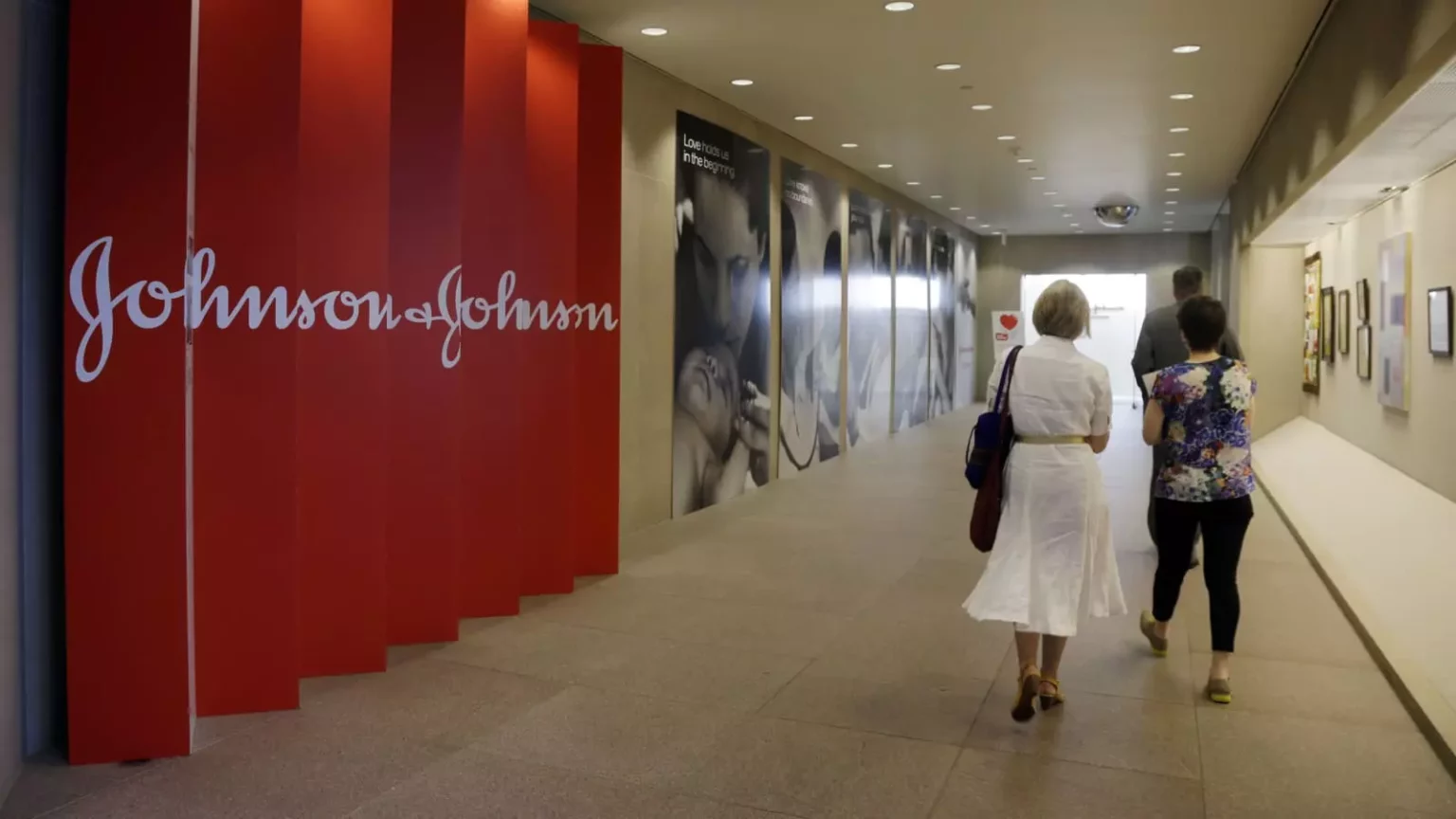US pharmaceutical giant Johnson & Johnson on Tuesday proposed an $8.9 billion settlement to settle years-old lawsuits asserting that its talcum powder products caused cancer.
The US-state New Jersey-based company said the proposed settlement, which still needs the approval of a bankruptcy court, will equitably and efficiently settle all claims stemming from cosmetic talc litigation.
If approved by the court and a majority of the plaintiffs, the $8.9 billion payout would be one of the largest product liability settlements ever in the United States, ranking alongside those entered into by tobacco companies and, more recently, opioid manufacturers.
J&J has been encountering thousands of cases of talcum powder containing traces of asbestos accused of causing ovarian cancer.
While the company has never acknowledged misconduct but stopped selling its talc-based baby powder in the United States and Canada in May 2020.
The company continues to believe that these claims are specious and lack scientific merit.”
Erik Haas, J&J’s vice president of litigation, said in a statement.
J&J said the $8.9 billion would be paid to the tens of thousands of claimants over 25 years through a J&J subsidiary, LTL Management LLC, which was set up to address the claims and has filed for bankruptcy protection. It said that LTL has “secured commitments from over 60,000 current claimants to support a global resolution on these terms.”
The last settlement involving LTL was rejected by an appellate court and a bankruptcy court will now have to approve the new LTL bankruptcy filing and settlement. J&J had previously proposed a settlement of $2 billion in response to the allegations that its cosmetic talc caused gynecological cancers.
The firm said the newly proposed settlement is not an acknowledgment of misconduct, nor an indication that the firm has changed its longstanding position that its talcum powder products are safe.
Nonetheless, resolving this matter as quickly and efficiently as possible is in the best interests of the company and all stakeholders.”
J&J said.
According to Haas, the settlement “allows claimants to be compensated in a timely manner, and enables the company to remain focused on our commitment to profoundly and positively impact health for humanity.”




